Aligning the Food System: Food Safety Considerations for Developing Food Waste Solutions
May 15-16, 2019 | University of California, Davis
Speakers and Panelists
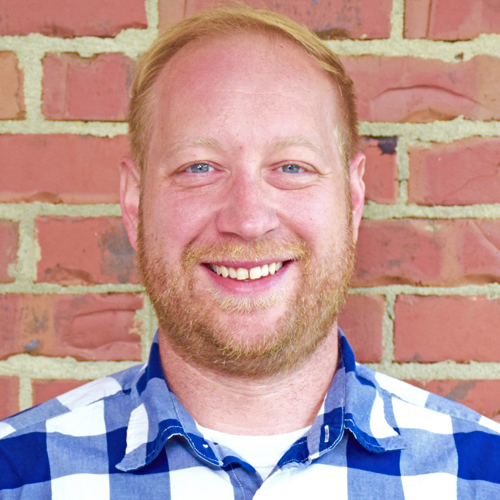 Benjamin Chapman
Benjamin Chapman
Associate Professor & Extension Specialist, Department of Agricultural & Human Sciences, North Carolina State University
Dr. Ben Chapman is an associate professor and food safety extension specialist at North Carolina State University. As a teenager, a Saturday afternoon viewing of the classic cable movie, Outbreak, sparked his interest in pathogens and public health. With the goal of less foodborne illness, his group designs, implements, and evaluates food safety strategies, messages, and media from farm-to-fork. Through reality-based research, Chapman investigates behaviors and creates interventions aimed at amateur and professional food handlers, managers, and organizational decision-makers; the gatekeepers of safe food. Ben co-hosts a bi-weekly podcast called Food Safety Talk and tries to further engage folks online through Instagram, Twitter, Facebook, YouTube and, maybe not surprisingly, Pinterest. Follow on Twitter @benjaminchapman.
 Erin DiCaprio
Erin DiCaprio
Assistant Specialist in Cooperative Extension, Department of Food Science & Technology, UC Davis
Dr. DiCaprio’s area of expertise is in microbial food safety, with emphasis on foodborne viruses. Viruses are a leading cause of foodborne disease and high risk foods for viral contamination are fresh produce, shellfish, and ready-to-eat foods. Her research is focused on determining the mechanisms by which fresh produce is contaminated by foodborne viruses during production and processing and which biological and environmental factors influence viral persistence in these foods. She is also working on the development of methods to inactivate foodborne viruses in fresh produce and other high risk foods.
 Linda Harris
Linda Harris
Department Chair & Specialist in Cooperative Extension, Department of Food Science & Technology, UC Davis
Dr. Harris’s research focuses on microbial food safety emphasizing the microbiology of fresh fruits and vegetables and tree nuts. She works to develop and validate standard microbiological methods and uses these methods to evaluate the behavior of food borne pathogens on fruits, vegetables and tree nuts under different storage and processing conditions. She uses these methods to evaluate antimicrobial treatments including various sanitizers and thermal processes for their efficacy in reducing microbial populations on various cut and intact produce and tree nut surfaces. Through electronic means, presentations, or one-on-one interactions Dr. Harris works with food producers, processors, consumers, and representatives from State and Federal Government on issues related to microbial food safety. She interacts with a wide range of individuals from homemakers and small-scale farmers to large-scale commercial processors and many support industries and organizations.
 Dan Kurzrock
Dan Kurzrock
Founder & CEO, ReGrained
Dan Kurzrock is the co-founder and Chief Grain Officer of ReGrained. Dan founded ReGrained out of his hobby for homebrewing beer, where he first discovered that "spent" grain could be given a delicious second life. He is now obsessed with the impact edible upcycling and closing nutrient loops can have on our food system. As Chief Grain Officer, Dan is “Mr. Outside” for ReGrained, handling all elements of growing the business. Dan holds an Economics degree from UCLA and an MBA in Sustainable Management from Presidio Graduate School.
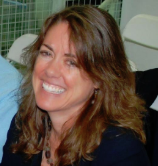 Tara McHugh
Tara McHugh
Center Director, Western Regional Research Center, USDA Agricultural Research Service
Dr. McHugh has more than 23 years experience in food processing, chemistry and engineering research at USDA. She has authored or co-authored over 135 peer reviewed publications and 9 patents, four of which have been licensed. She currently leads the Healthy Processed Foods Research Unit on a wide range of high impact research projects to improve healthfulness, marketability and safety of foods through development and implementation of novel, sustainable processing technologies.
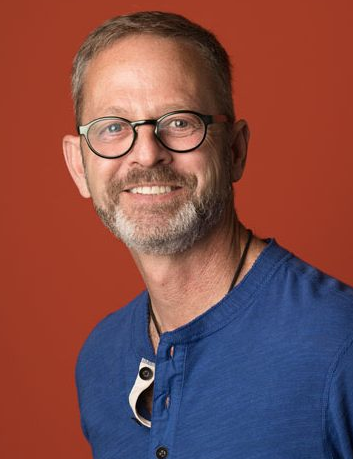 Rick Nahmias
Rick Nahmias
Founder & Executive Director, Food Forward
Rick Nahmias has spoken internationally on food justice issues, and his work has been profiled in dozens of publications including The Guardian, Sunset Magazine, and the Los Angeles Times. Rick has been named a regional delegate to the Slow Food/Terra Madre Conference in Torino, a Ralph M. Parsons Fellow, a Good Food Champion by LA City Council, and was a solo presenter at the 2014 SXSW Eco Conference. A 2010 winner of the LA Social Venture Fast Pitch, in 2015 Nahmias was chosen from over 135 past participants to represent Los Angeles in the inaugural National Fast Pitch competition in Austin, TX and was awarded the Innovation and Audience awards. In 2016 he received an inaugural Trailblazer Award from the International Association of Culinary Professionals. Rick was named a 2017-18 Senior Fellow at UCLA’s Luskin School of Public Policy, and one of 40 Inspiring Leaders by the Center for Nonprofit Management. He serves on the Leadership Board of the LA Food Policy Council and the Steering Committee for the Los Angeles County Food Recovery Initiative.
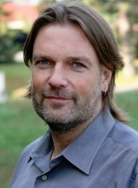 Christian Nansen
Christian Nansen
Associate Professor, Department of Entomology & Nematology, UC Davis
Christian Nansen, an associate professor in the Department of Entomology and Nematology, specializes in applied insect ecology, IPM and Remote Sensing. Nansen completed his Ph.D. in zoology at the University of Copenhagen, Denmark, before joining the UC Davis faculty in 2014. He has also held faculty positions at Texas A&M, Texas Tech, and most recently at the University of Western Australia. His research focuses on developing food production practices that reduce reliance on pesticides in ways that are both environmentally sound and economically feasible.
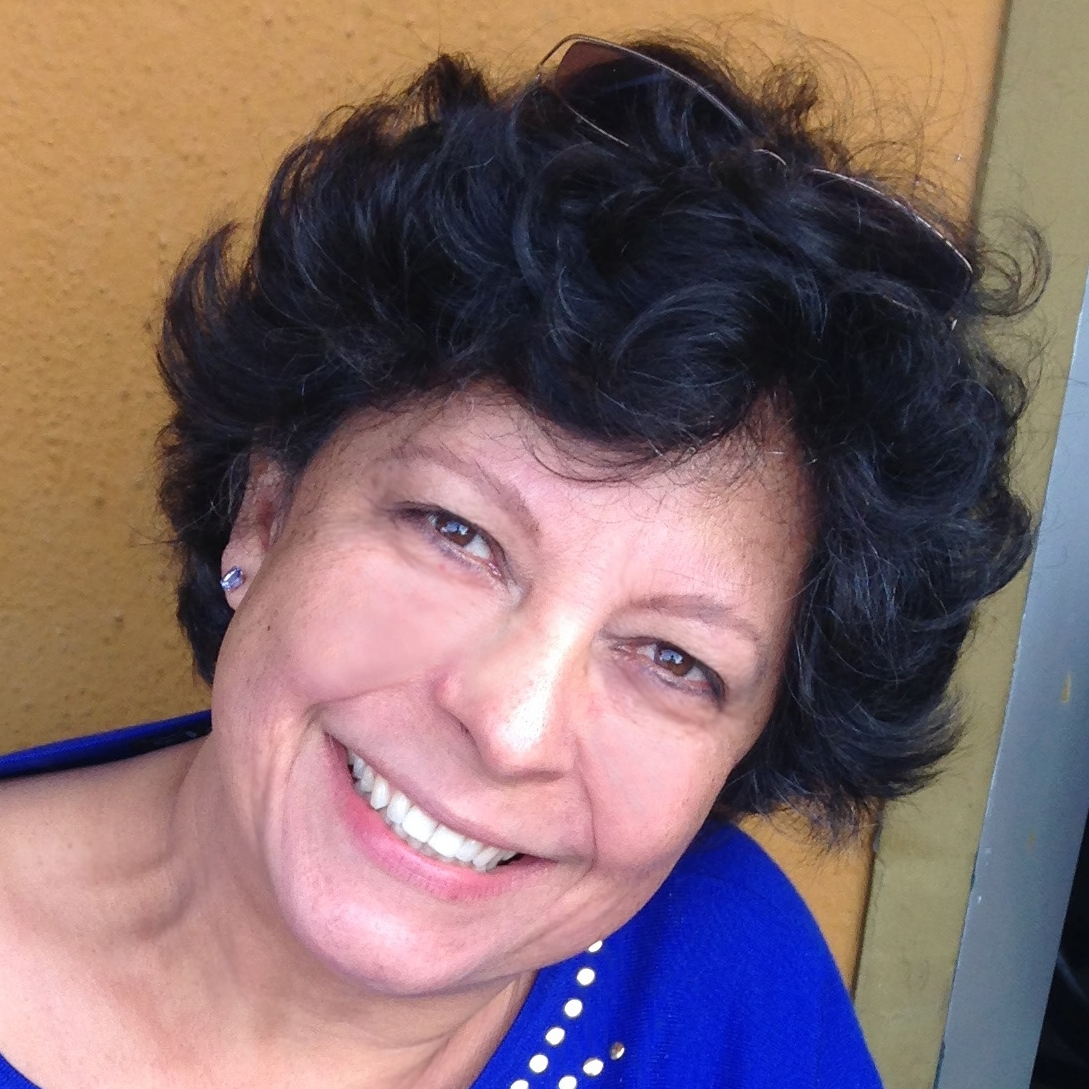 Nina Parkinson
Nina Parkinson
Director, UC Laboratory for Research in Food Preservation (UCLRFP)
Nina Parkinson is the Director of the UCLRFP, where she evaluates low-acid and acidified foods and their ingredients and provides technical guidance on their safety to the State of California. She also works part-time as a consultant where she applies over 35 years of experience in evaluating food safety issues, assessing the microbiological integrity of prepared foods and performing audits of food processing facilities. She has taught workshops on food microbiology, Good Manufacturing Practices, Hazard Analysis Critical Control Points (HACCP) and Better Process Control School.
 Kyle Pogue
Kyle Pogue
Environmental Program Manager, CalRecycle
Kyle Pogue is an Environmental Program Manager with California’s recycling agency, CalRecycle. He and his team focus on reducing the amount of organic materials (such as food and green waste) disposed in California’s landfills. These efforts include preventing wasted food, recoverin edible food for human consumption, or composting it to help build healthy soils. His team helped establish the inaugural Greenhouse Gas Reduction Funds program that helped fund compost, anaerobic digestion, and food rescue infrastructure. In his spare time, he values his time with his family and volunteers as a board member with the American River Conservancy land trust.
 Lester Schonberger
Lester Schonberger
Ph.D. Candidate, Department of Food Science and Technology, Virginia Tech
As the graduate assistant for the Campus Kitchen at Virginia Tech, Lester coordinates a partnership with Virginia Tech Dining Services to send students into their facilities to recover their unserved/unsold safe and quality foods for delivery, also by student teams, to local hunger relief programs. Other initiatives their Campus Kitchen supports include the packing and distribution of “just-add-water” meals through the New River Valley Agency on Aging, preparation and distribution of meals to low-income residents of a local adult-living community, and advocating with local food access organizations for increased support, all of which are designed to connect back to the educational experiences of Virginia Tech students. Lester’s work with Campus Kitchen inspired his research, which is to identify opportunities for increased support and more effective food safety education for those serving in the food recovery process through Virginia Cooperative Extension.
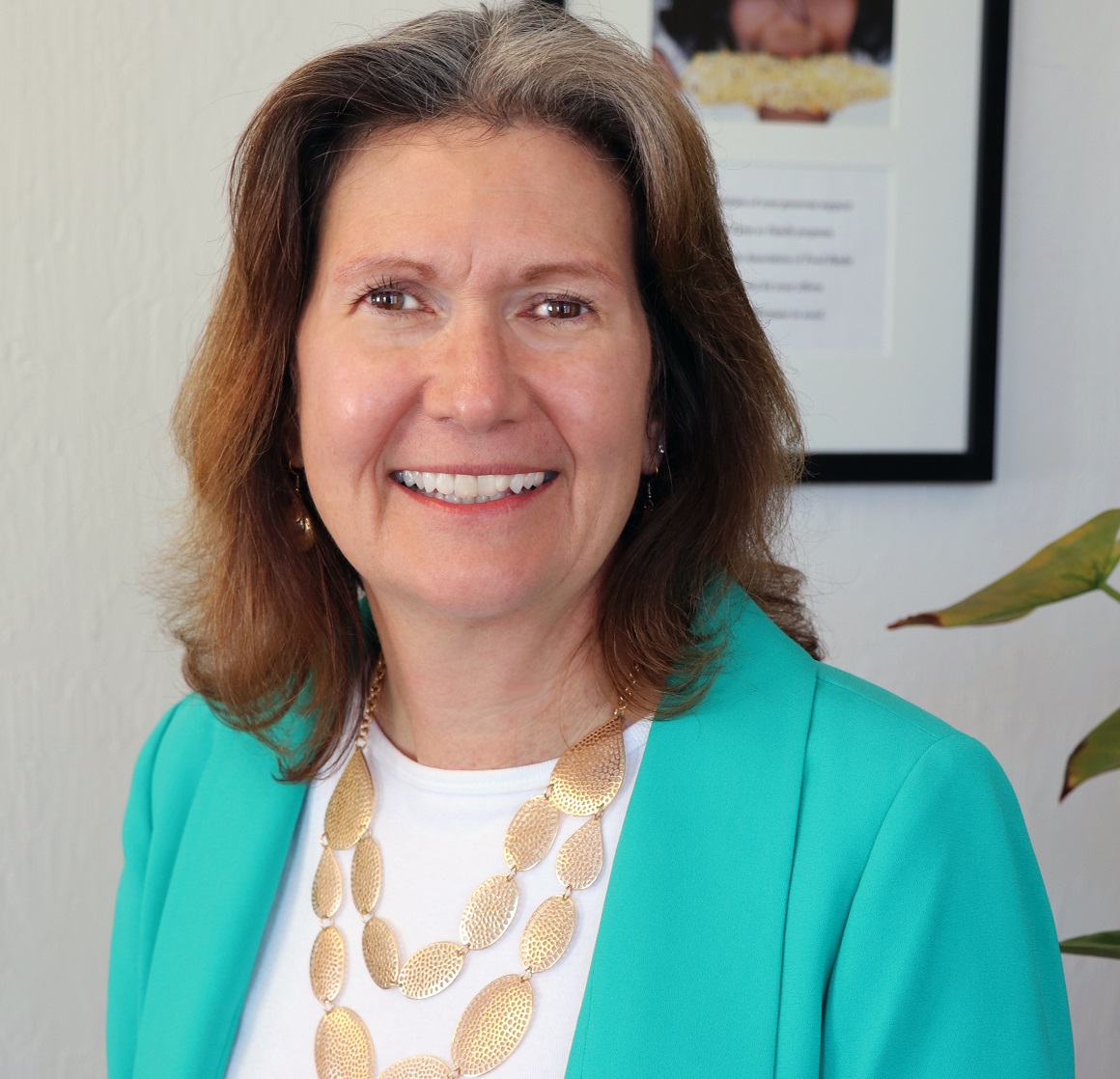 Sue Sigler
Sue Sigler
Former Executive Director, California Association of Food Banks
Sue Sigler brought 25 years of experience in direct services and consulting to CAFB when she became the executive director in 2008. CAFB represents 40 food banks who, partnering with 6,000 nonprofits, provide food to more than two million Californians each year. Sue's advocacy and structural work is credited with doubling the amount of food donated by California farmers. She is an experienced and savvy advocate herself, as well as knowing how to hire policy staff and work with contract lobbyists. Sue is a member of the CalNonprofits Board of Directors.
 Christopher Simmons
Christopher Simmons
Associate Professor, Department of Food Science and Technology, UC Davis
Dr. Simmons' research focuses on improving energy and water use efficiency in food processing by reclaiming energy from waste biomass streams and developing strategies for waste water treatment and recycling. Specifically, high-throughput, massively parallel sequencing and bioinformatics approaches are used to characterize microbial communities that are able to deconstruct waste biomass into fermentable sugars under industrial conditions. These data are used to discover enzymes and molecular pathways that can improve industrial bioconversion of waste biomass into biofuels. Additionally, the microbial ecology of plant-soil systems exposed to food processing effluents is studied to develop strategies for recycling of food processing waste water to agriculture.
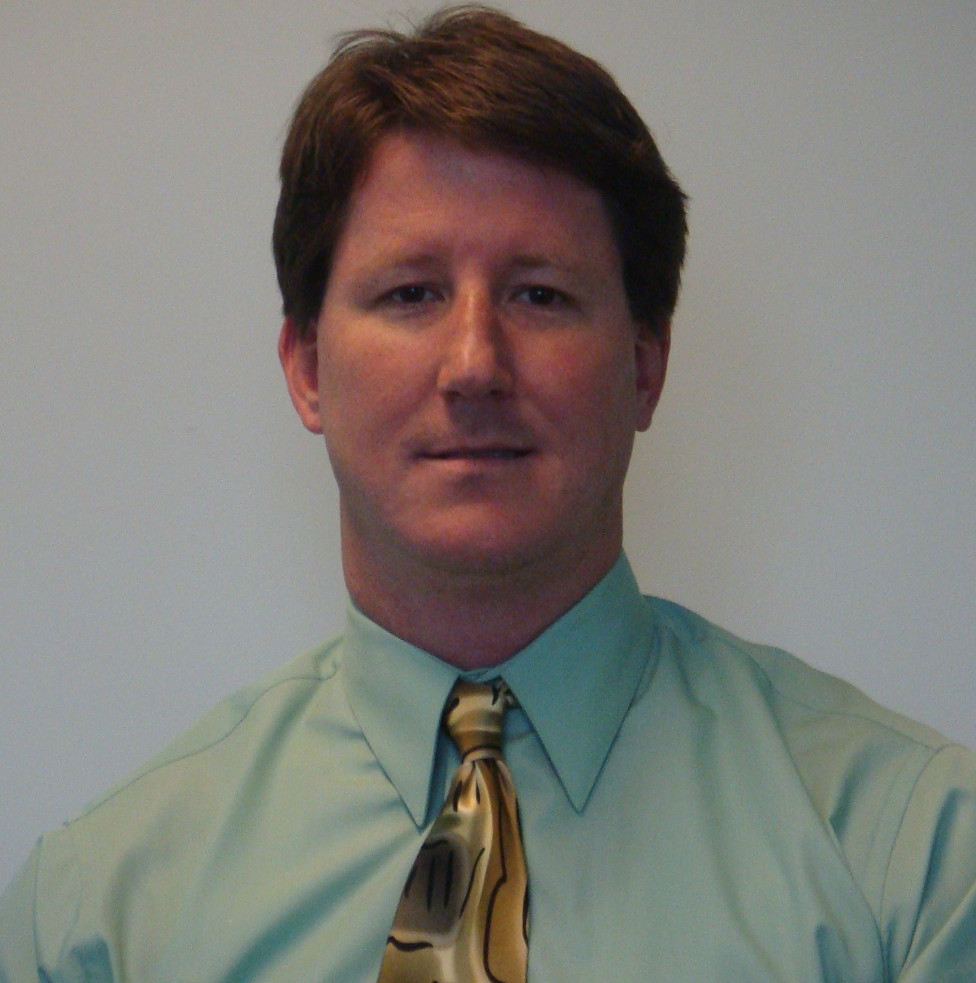 Kevin Smith
Kevin Smith
Senior Advisor, Office of Food Safety, US Food & Drug Administration
As a Senior Advisor in FDA’s Office of Food Safety, Kevin Smith advises FDA leadership on strategic initiatives and program development related to FDA’s food safety mission. In addition to leading FDA’s efforts on food waste and recovery, Kevin co-leads the implementation of regulations for the sanitary transportation of human and animal food. During his 30-year career in Environmental Health, Kevin has worked for a leading third party certification firm and agencies at the federal, state, and local level, including serving as the Director of FDA’s Retail Food Protection Staff for over 8 years. Kevin earned his BS in Food Science from the University of Delaware and his Master of Public Health from the University of Michigan.
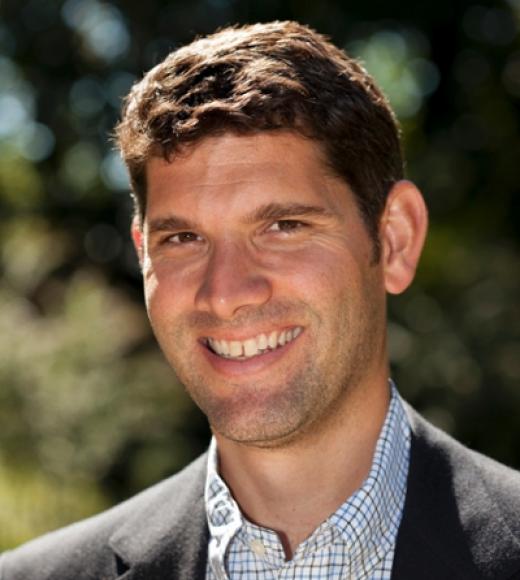 Edward Spang
Edward Spang
Assistant Professor, Department of Food Science and Technology, UC Davis
Dr. Spang’s research focuses on characterizing and optimizing the efficiency of linked water, energy, and food resource systems. He is particularly interested in applying methodologies for measuring and monitoring these systems and their interrelationships in high-resolution and across multiple scales, both geographic and temporal. He further seeks to understand the influence of external markets, technological innovation and policies on this integrated food-water-energy nexus. His recent publications explore mapping energy flows through water infrastructure, enhancing the conservation signal and stability of water rates, and estimating worldwide water consumption for energy production. Dr. Spang also serves as the Associate Director at the Center for Water-Energy Efficiency at UC Davis. The Center aims to research, develop, and disseminate efficient technologies and effective policy for integrated water and energy conservation.
 Jenny Stephenson
Jenny Stephenson
Environmental Protection Specialist, US EPA
Jenny Stephenson, with EPA's Pacific Southwest regional office, works to further sustainable materials management. She leads the regional roll out of waste tracking in ENERGY STAR Portfolio Manager, helping to bring more awareness of the value of tracking and managing waste reduction programs. Additionally, she works with Native American tribes in Nevada and California on solid waste management and recycling programs. Previously, Jenny worked in EPA Headquarters in the ENERGY STAR program where she collaborated with leading commercial and corporate real estate partners to improve the energy performance of buildings. Her responsibilities included spearheading efforts to engage the brokerage community on ENERGY STAR and managing the ENERGY STAR training program. Prior to joining ENERGY STAR, Jenny worked for six years in EPA’s Office of Resource Conservation and Recovery specializing in promoting product stewardship and working with major electronics manufacturers and retailers to increase electronics recycling.
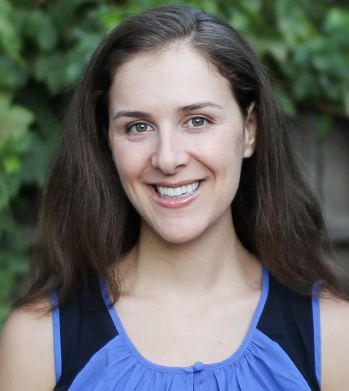 Julia Van Soelen Kim
Julia Van Soelen Kim
North Bay Food Systems Advisor, University of California Cooperative Extension
Julia Van Soelen Kim is the North Bay Food Systems Advisor serving Marin, Mendocino, Napa, and Sonoma Counties. Julia holds a Master of Science in Community Development and a Master of Public Health, both from UC Davis. Her work at UC Cooperative Extension in the North Bay focuses on the viability, sustainability, and equity of regional food systems. Her efforts are directed at strengthening the connections between farmers and consumers by supporting the viability of small-scale and diversified agricultural production and expanding access to affordable local food.
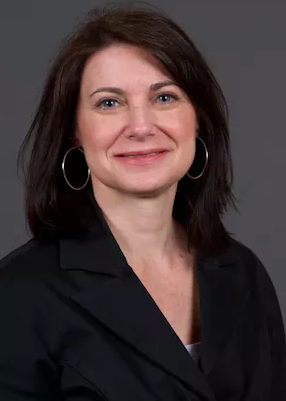 Carole Widmayer
Carole Widmayer
Senior Vice President of Marketing and Sales, The Coffee Cherry Co.
Carole Widmayer is the SVP of Marketing & Sales for The Coffee Cherry Co. With 20+ years of B2B marketing and strategic communications experience working with several Fortune 500 Foodservice clients she is responsible for creating awareness of Coffee Cherry, and educating Food & Beverage companies and consumers about the nutritional, functional and sustainability benefits when incorporated into end products. The more Coffee Cherry that is upcycled, the more positive social, environmental and economic impact will result. It is this triple bottom line goal that drives the entrepreneurial spirit of The Coffee Cherry Co. and Carole every day.
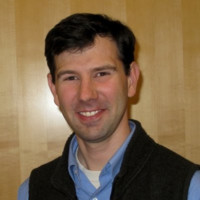 Steve Zicari
Steve Zicari
Director of Engineering and R&D, California Safe Soil, LLC
Steve is responsible for engineering and process R&D at California Safe Soil, LLC, a Sacramento based business that upcycles supermarket and food processing wastes into high quality, organically certified fertilizer products which benefit growers by improving yields, lowering costs, and reducing nitrate runoff while realizing life-cycle air, water, and soil health benefits. Steve also has over a decade of experience in the anaerobic digestion and biofuel industries and enjoys working on new ways to reduce and repurpose organic byproducts. Steve holds a PhD in Biosystems Engineering from UC Davis.
